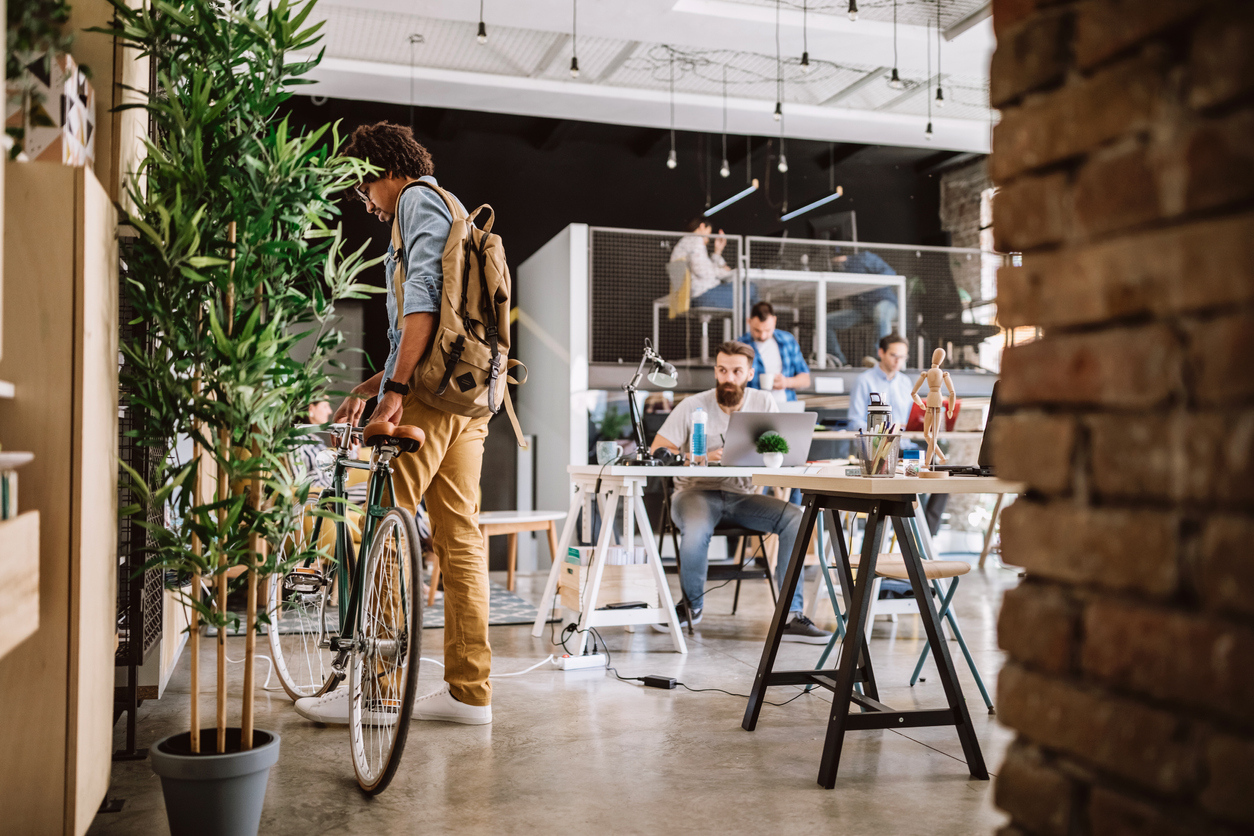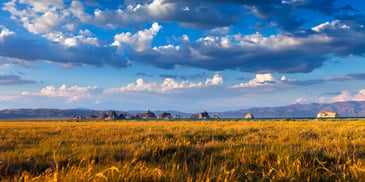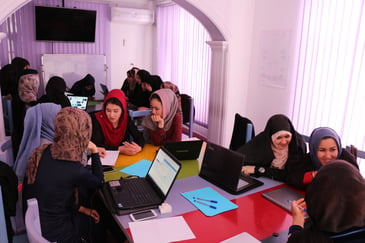Ecological Entrepreneurship: The Key to a Sustainable Future

The following blog post examines arguments made by Jon Koomey, an energy and finance policy expert, on entrepreneurship and the role it can play in creating a more sustainable future. Some of this material originally appeared on the Bard Eco Reader.
We are in an unprecedented time of economic development and social change, which has led to better living standards worldwide. But despite our capacity for technological advancement, we are actively pursuing a status quo that jeopardizes our future. With climate change looming and industries worldwide participating in greenhouse gas intensive practices, we must use innovation to engineer a more sustainable future.
Entrepreneurship Is Our Best Bet for an Ecological Future
Jon Koomey, author of the 2013 book entitled “Cold Cash, Cool Planet: Advice for Ecological Entrepreneurs,” argues that entrepreneurship is the key to creating this future. Koomey is an energy and policy finance expert and holds an M.S. and Ph.D. from the Energy and Research Group at UC Berkeley. “Scornful of the phrase ‘it can’t be done,’” he argues that ecological entrepreneurs uproot carbon intensive practices through innovation.
In order to achieve the emission reductions necessary to avoid catastrophic climate change, Koomey argues that we must fundamentally change current carbon intensive processes. Here, the role of entrepreneurship is to create products that “make people happy to scrap existing [carbon intensive] capital” by making products that are simply better than what they replace. For example, Patrick Sherwin of GoSun Stove has created a low energy solar powered stove that has the ability to replace carbon based stoves that release greenhouse gases. Koomey argues that innovators like this are not often found within the established corporate structure, and only by embracing such innovators can we transform the way that consumers impact the natural world.
Source: www.koomey.com
In an Entrepreneurial Framework, What Happens in Existing Companies?
Koomey's emphasis on ecological entrepreneurship makes sense, but it must be understood in light of the larger transformational potential of existing companies as well. What potential do current economic institutions have in building a sustainable economy?
Koomey has argued that the commitment of established corporations to green innovation is difficult to gauge and achieve because they stand to benefit more from the status quo. This inhibits their desire to innovate in the ways that entrepreneurs do. The role of the entrepreneur, therefore, is specifically one of disruption. The GoSun Stove, for example, challenges the current fossil fuel paradigm.
Koomey is right about the importance of disruptive innovation, but many companies large and small are evolving to meet the sustainability challenge. In some large corporations, ecological business initiatives are taken on by internal teams that have the nimbleness and focus of a start-up, but the reach and resources of the company as a whole. This is just one type of model where the benefits of an entrepreneurial approach can be blended into the power of big business.
The reality is that climate change is urgent and unprecedented. The world cannot afford to place its faith in one group or institution, whether it is the government, corporations, or entrepreneurs. In order to achieve the emissions reductions necessary to avoid climate disaster, we must innovate at every level of society, government, and the economy.
Changing the Future Takes Action at Every Level
In order to create the change we need, entrepreneurial thinking should permeate all areas of our society, from startups, to corporations, to policy making, and even individual action. At a National Climate Seminar at Bard in 2013, students asked Koomey to share how individuals can be part of building the sustainable future even if they are not entrepreneurs. He replied, “we need a lot more people who are willing to take responsibility for helping to solve problems.”
Seven years later, Koomey's words remain true. The more people there are who are willing to think and dream big about problem solving, the more effective our action, collectively and individually, can be.
We need all levels of society to be at work on the climate crisis, but we also need all levels of our society working collaboratively. Businesses, large and small, count on policymakers and elected officials to give them the rules of the game, guiding their practices through laws and regulation that create the playing field in which companies and products can compete.
See the sustainable development examples paving the way>>
By applying an ecological entrepreneurial approach at every level of society, we can embrace sustainable development and build a sustainable future.





